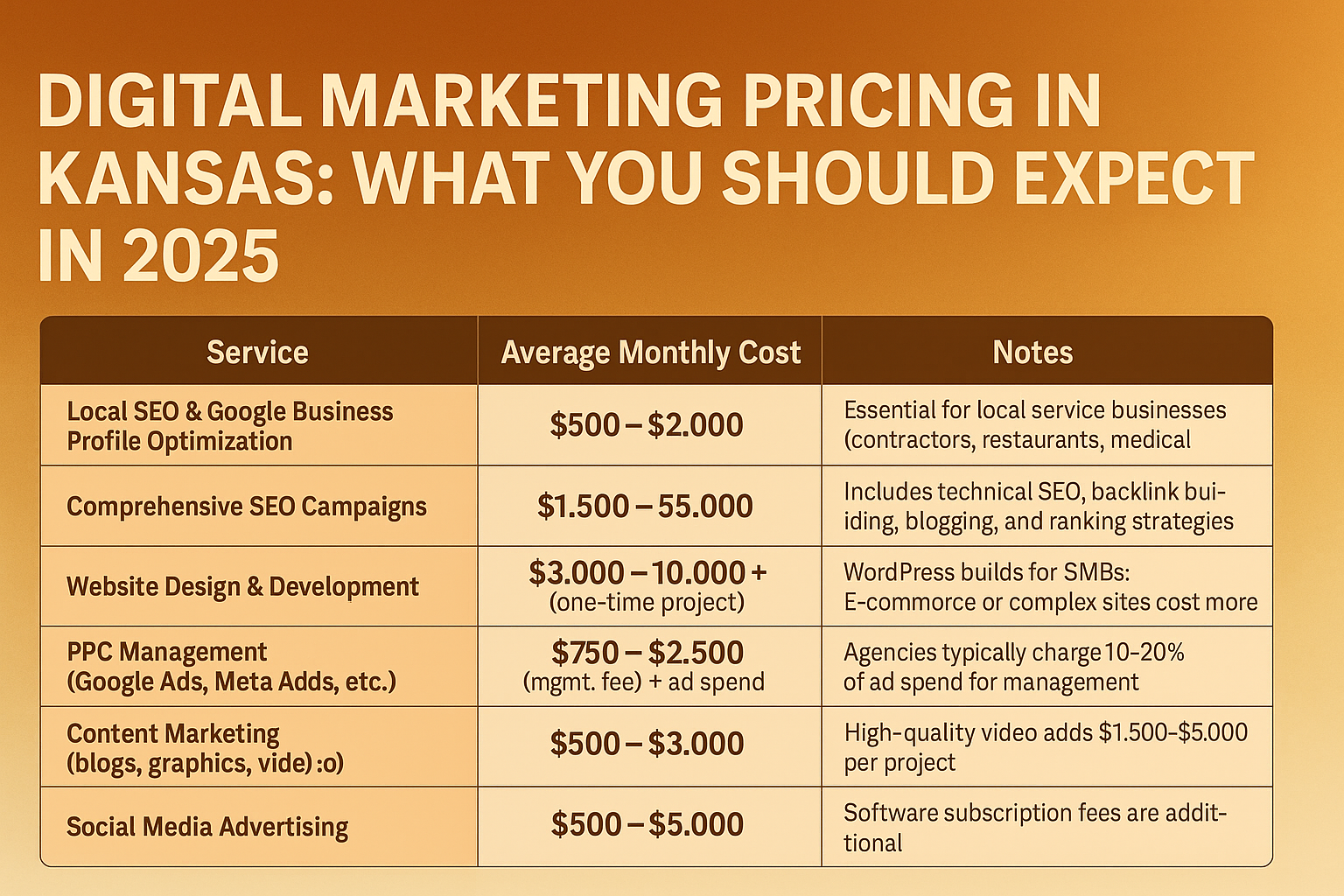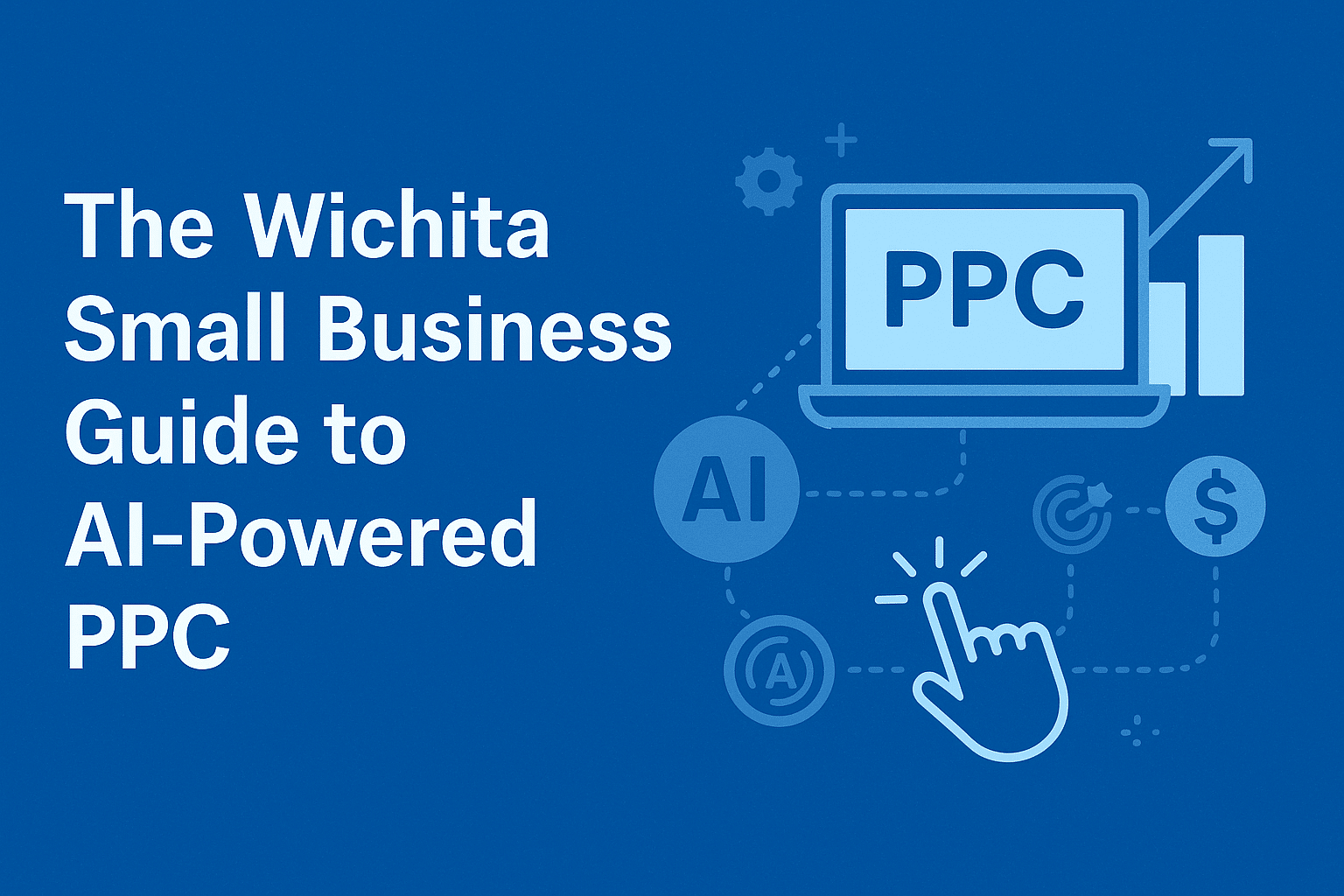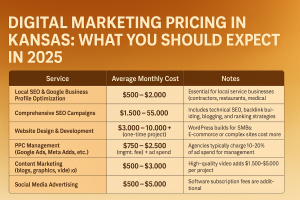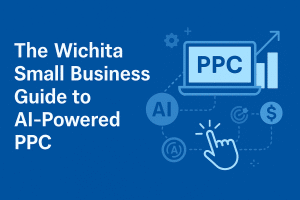Search Engine Optimization (SEO) is a crucial part of maintaining your website. However, just because you are performing SEO doesn’t mean that you are performing it correctly. In fact, many people make major SEO mistakes when attempting to optimize their websites. There are poor ways to perform SEO, and this article is here to help you avoid some common and damaging mistakes. Don’t let your website be held back by over eagerness on your part and use this list to help assess how your “SEO Experts” are really performing for your business. Make sure your SEO is top notch and your website is reaching its greatest potential.
Keyword Bloating
Keywording is the backbone of SEO. Keywords help introduce new topics, tie thoughts together and form the overall connective tissue for a blog post or web page. Keywords also help you collect sources, link to additional pages or information, and even introduce the soft sell. Keywords help quickly reinforce the purpose of your content for both users and search engines. They are a highly useful tool for editing and content creation. However, they can be easily misused. It is important to make sure that you select your keywords carefully and that you sprinkle them properly throughout your blog post or web page.
Consider the following example:
Your keyword for an article is “local business”
Now consider the following statement written two different ways.
“Marketing tips to help your local business. Local business profits stay within the community at a higher percentage than chain businesses. Keep enriching your community by growing your local business today.”
OR
“Local business marketing tips to help your local business. Local business profits stay within the local business community at a higher rate than chain businesses. Keep enriching your local business community by growing your local business and your local business market today.”
Which of the above examples is likelier to yield greater results? The first example.
The second example is bloated and bogged down with keyword occurrences. Search Engines dock this kind of behavior as it is often used to pander to keyword searches by cramming content with the given keyword(s), and often lacking in quality content. When placing keywords, always choose quality over quantity. Keyword cramming makes your content more difficult and more frustrating to read.
Don’t bog your content down with unnecessary extra keyword occurrences, make the keyword clear but spread lightly throughout its associated content.
General Content
When creating content for your website and business, it is important to attract the proper audience. You don’t want to isolate potential customers and clients by focusing only on niche aspects of the business. It is important to make sure that content has a broad appeal. However, content needs to remain focused and should never drift into undefined territory. This might sound like a conundrum, but the balance can be found. As you get more and more experience writing your own content, you’ll start to better understand what niche topics your audience gravitates to and what broad topics help bring in new viewers.
If your content is too general and isn’t targeted specifically to your business or the needs of your potential customers, then it most likely doesn’t belong on your site. For instance, if you operate a small, family owned business, odds are that info such as stock rates and bond prices aren’t pertinent to your business or the people potentially looking into your business. Make sure that content is created and curated specifically to fit the needs of your business so that Search Engines don’t mark it as irrelevant.
Don’t feel like your content needs to be about one single industry or topic either. Feel free to talk about anything related to your business or what it has to offer, so long as it retains a connection to you and/or what you do.
Improper Titles and Descriptions
Content on a website may have various intentions, but each article, page, and post should be geared towards bringing in new customers and clients for your business. Content, particularly articles and posts in this example, needs to be focused and appealing. If you don’t know why you’re writing something, then do not write it.
Content can be varied, but all content needs to share in a common theme or purpose. Part of keeping one piece of content in line with another is by appropriately titling and describing content. This includes meta descriptions and titles as well. If titles are long and rambling or inaccurate to the content produced, this misleads users and is seen negatively by search engines. Titles are similar to keywords in the sense that they need to be relevant and should refrain from being bloated. You may want to mention your title within your content blocks, but much like keywords, you need to be careful not to over do it.
Descriptions are also an easy way to hook users on your website or business. Descriptions should be brief but to the point. They need to encapsulate the premise of your article and what users will gain from reading your content. This is also a quick and easy way to stand out from the competition, as descriptions often appear on search engine pages.
Incorrect Keyword Choice
Whether the keyword is being selected for a title or for the article itself, it needs to be chosen carefully. Keywords not only help determine the focus of an article, but they are the term most likely to be searched for by a user in a search engine. Keywords need to be relevant, but not overused. For example, “Marketing” wouldn’t be a very successful prime keyword for a small business’s website article. Why?
Marketing is a very broad term, and one that is not likely to apply specifically to your business or to your target market. However, if you want this to be included in the keyword search of your article, you can easily string it together with more relevant terms. Try phrases such as “local marketing business” or “small business marketing help” or variations of the two that might appeal to local businesses looking for your help.
Make sure that keywords are specific and relevant, but that you are not reusing or overusing certain keywords as search engines tend to dock websites for their repetition. Your articles should use a variety of keywords, with old keywords being rotated out and new ones sprinkled in as you continue to write.
Plagiarism
This may sound like an obvious tactic to avoid, but many people plagiarize content without realizing that they are doing so. Most people know to avoid copy and pasting another website or business’ direct content, but many will also directly copy the ideas and core content of another site in an attempt to replicate shared ideas and beliefs.
This can happen frequently when creating self-help or instructional articles. An important part of informing your audience is ensuring that you yourself are informed over the subject you are attempting to instruct on. The easiest way to instruct yourself is by researching the topic and learning from what others have already put out. There is nothing wrong about learning from other sources, or from putting that knowledge gained into your own content. However, there is an issue when covering the same exact topics and subtopics. Search Engines see when the main beats of one article are directly copied from another, even when different word choices are used. Make sure that your original content is a blend of what you have learned, not bits and pieces of information from other sources.
Poor External Linking Quality
Another key aspect of ranking your site properly via Search Engine Optimization is placing links to external sources throughout your content. These links can act as reputable sources, direct quotes, or even examples of what your content is discussing. It is important to keep these links layered throughout your content to not only increase the credibility of what you are saying, but to help build results via Search Engines. Again, refrain from overloading your content with links. It’s also important to use a variety of links to a variety of different sites.
When choosing your external links, it is important not to do so half-hazardly. External, or out bound links, need to be chosen with two primary objectives in mind. First, that the links are relative to your content and can either validate or enhance what you are saying on your own website. Second, that the links themselves are from reputable, credible, and popular sources. In this case, choose websites that are better known. You can link to smaller websites from time to time, but the external linking focus should remain on larger and more reaching websites.
Poor Internal Linking Quality
Internal linking does not achieve the same purpose as external linking, but it is equally important. Internal linking allows for greater circulation of your own website and helps weave your content together. Internal linking is the best way to guide users to other articles, posts, and pages on your website. This way users can jump from one article to another and can see a greater picture of what your business or website is.
It is important to follow a similar strategy for internal linking as the one followed for external linking. Make sure that links are pertinent to one another, but don’t be afraid to add a sentence or two that ties the concepts together. Don’t overload a page with either kind of linking either. Users and Search Engines can quickly be turned off when a webpage is unnecessarily cluttered with links. This is a sign of desperation and cheap attempts to rank slightly higher within the search engines. Let your links feel natural and both you and your audience will get the most out of them.
Desktop Vs Mobile Support
Mobile Phones are the future of internet usage. For the past several years, Search Engines have been utilized in a greater capacity for mobile searches than they have been for desktop searches. In order to accommodate this, Search Engines such as Google have begun to prioritize the quality of a mobile site over that of the desktop sight. The SEO mistake that many websites continue to make is prioritizing the Desktop Site above the Mobile Site.
The world is moving to mobile. If your business does not have a quality mobile app and/or website, then it has already fallen behind. Search Engines are prioritizing mobile sites, which means that even perfect desktop sites will be docked for not competing across mobile platforms. If you don’t want to be docked for the same, make sure that your mobile site loads quickly, is up to date, and is easy to navigate. Remember to layout mobile site content in a sharp and decluttered manner so as to accommodate the smaller screens of mobile devices.
Corner Cutting
A common SEO mistake shared among many small businesses is the act of cutting corners. Most often these corners aren’t cut maliciously or with ill intent, but to save time and money. Perhaps you have a relative who works on websites in their spare time or a friend who promises a “quick fix” to a software issue. While these options may seem financially appealing at first, they can often create further headaches down the road. This doesn’t disqualify friends and family from being able to help with your website, but it means that you need to vet their credentials the same way you’d vet any service professional.
Make sure that only qualified individuals are performing maintenance and design for your website. This extends to your content too. While cheaper options may seem like a better route at times, make sure that the work these routes perform for you is on par with more expensive and more qualified services. Don’t sell yourself, your website, and your clients short by cutting corners. Take the time and money to deliver the best to your potential customers and watch the returns grow.
Lack of Self-Examination
The most potentially damaging, common SEO mistake that a business owner can make is not self-examining their website. Self-Examination is the best way to ascertain what your website has to offer. When you take the time to legitimately analyze your website from the viewpoint of a user, you can better notice what works and what doesn’t work.
When self-examining your website, take the time to examine each area of your website. Is the Home Page easy to understand and navigate? Is the central purpose of your business clearly communicated? Are there any aspects of your website that don’t fit in line with the central purpose? Are articles relevant to what your business offers and what customers might be searching for? Take the time to ask these questions and modify your website accordingly, the results can improve your search results greatly.
Recap
Search Engine Optimization is a crucial aspect of managing any website. It is important to perform SEO on a regular basis, and it is especially important not to commit any of these common SEO mistakes. Continue to refine your content to yield better search results and you will watch your web traffic increase exponentially. Make sure that your needs, the needs of the search engines, and the needs of the users are all being met satisfactorily.
Featured Image:
Image by Diego Velázquez from Pixabay




















